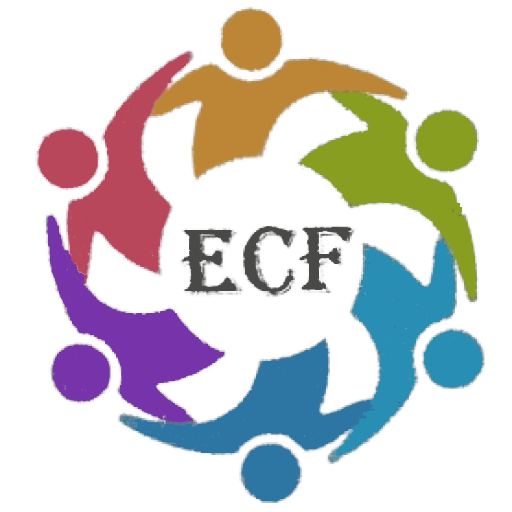Services
TREATMENT
Our treatment program is dedicated to helping patients achieve lifelong abstinence from all forms of drugs under any conditions. This process begins with an initial detoxification phase.
DETOXIFICATION
Following detoxification, patients enter the rehabilitation phase, which includes a variety of therapies and treatments designed to combat urges and triggers associated with substance use. Patients also learn essential coping skills for everyday situations post-rehab. Rehabilitation can be provided in both inpatient and outpatient settings, depending on the severity of the addiction. At Edappadi Care Foundation, a premier rehabilitation facility, we offer compassionate care to help patients overcome alcohol-related challenges and provide a space for healing, healthier living, and emotional and therapeutic support.
YOGA & MEDITATION
According to the National Institutes of Health, 15.1 million U.S. adults, or 6.1 percent of the population, suffer from alcoholism. Recovery requires tremendous dedication, with only about one-third of individuals who abstain for less than a year remaining abstinent. Yoga, which emphasizes the harmony of body, mind, and spirit, can significantly enhance a recovery program. Specialists in addiction medicine are increasingly recognizing yoga’s benefits, including stress relief and addressing underlying issues like post-traumatic stress syndrome (PTSD) that may contribute to substance abuse.
GAMES
Incorporating games into substance abuse recovery programs can significantly engage patients. Games can encourage participation and openness during group sessions, where patients might otherwise feel intimidated or reluctant to speak. They provide alternative methods for counselors to convey valuable information and understand their patients better. We offer a variety of indoor games as part of our program.
THERAPEUTIC INTERVENTIONS
INDIVIDUAL COUNSELING
Counseling is a scientific process of providing expert assistance to individuals, enabling them to find realistic and satisfying solutions to their problems. The process focuses on the relationship between the counselor and the client, helping the individual understand their situation better and develop the ability to make wise, independent, and responsible decisions. Counseling is systematically planned and carried out over time, typically involving a minimum of 3-4 sessions lasting 30-60 minutes each. Personal issues, such as extramarital affairs, legal issues, and marital separation, are addressed.
GROUP COUNSELING
Group counseling involves a homogeneous group of individuals discussing shared experiences and issues related to addiction. Groups consist of 5-10 members, led by a counselor, with each session lasting 30-60 minutes. Participants attend at least two sessions. These sessions facilitate face-to-face interaction and help individuals learn coping skills, decision-making, and problem-solving techniques through shared experiences.
FAMILY COUNSELING
Family members of chemically dependent individuals often feel hurt and confused. Family counseling sessions provide them with information and insights into the addiction problem and coping mechanisms. Sessions cover basic issues such as the treatment program, medications, relapse, and recovery. Each family member participates in a minimum of 3-4 sessions, each lasting 30-60 minutes.
FOLLOW-UP
Patients are reviewed periodically to monitor their progress, including medication management and ongoing counseling sessions. Effective follow-up is crucial for the success of therapeutic interventions, aiming to reintegrate patients into the community and support their holistic recovery.
